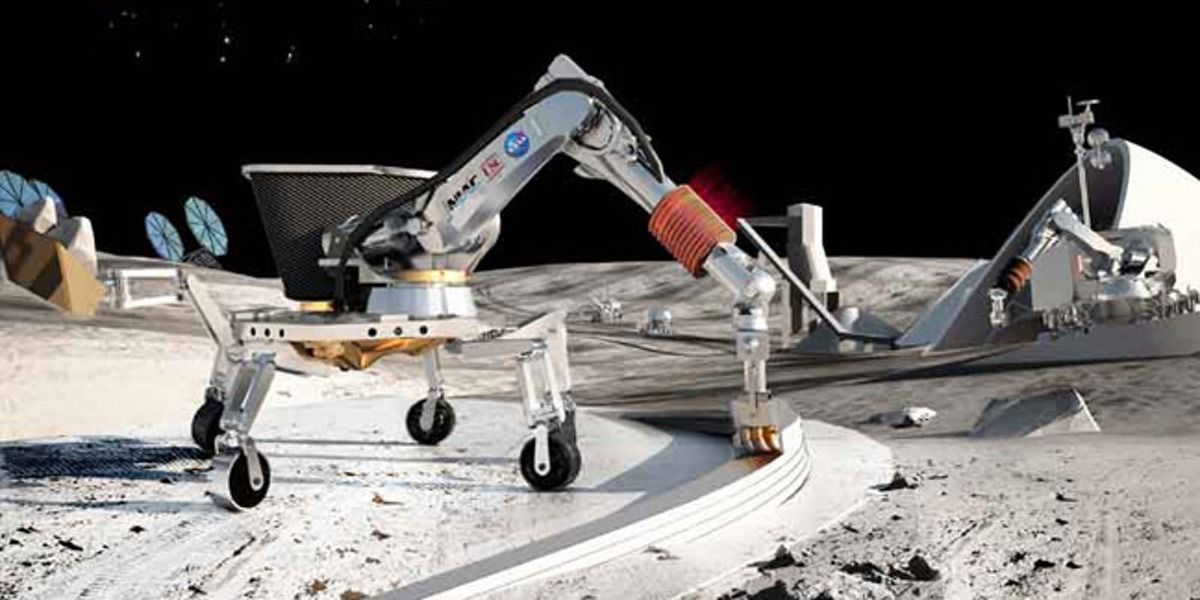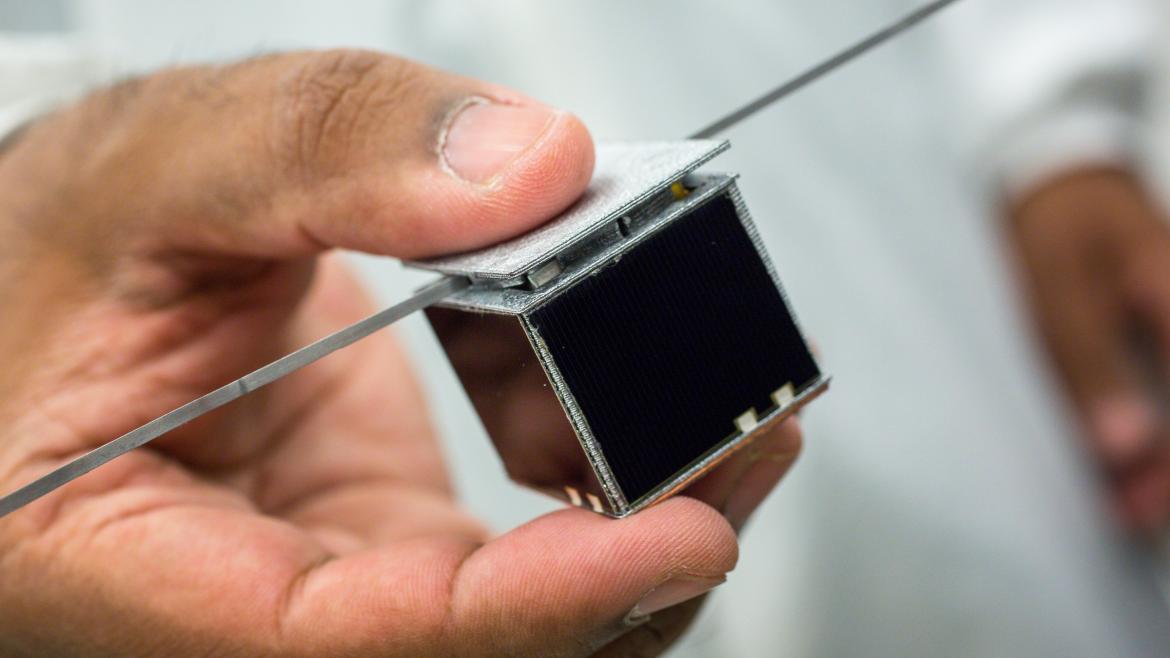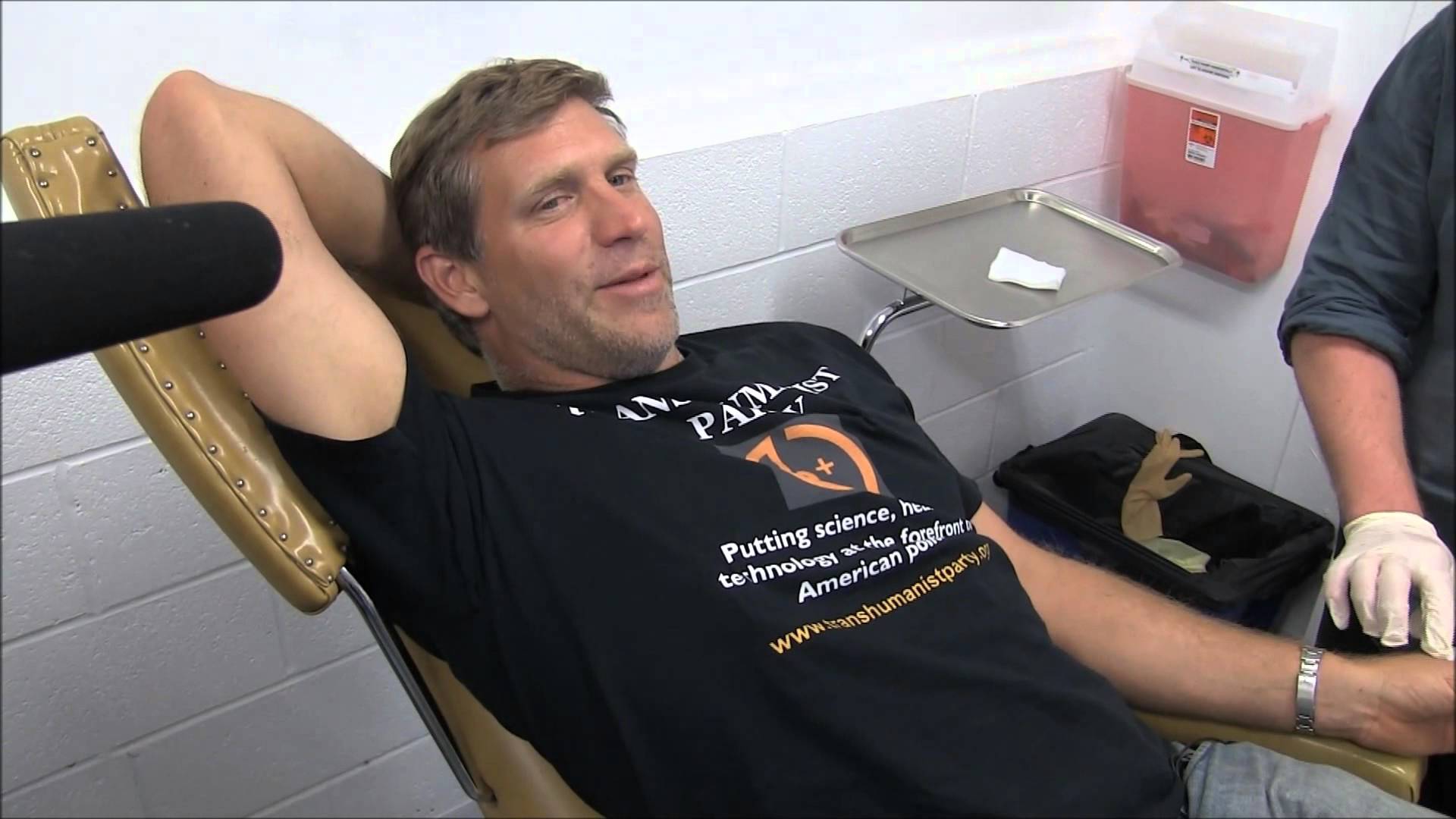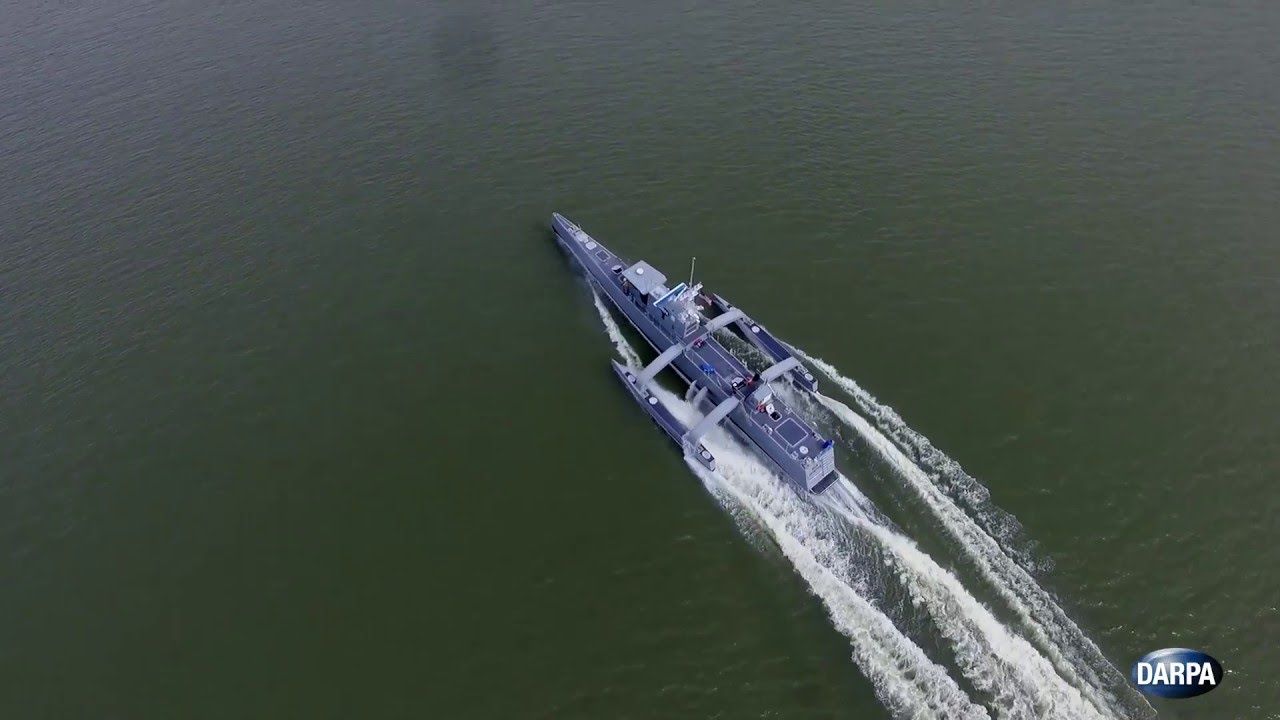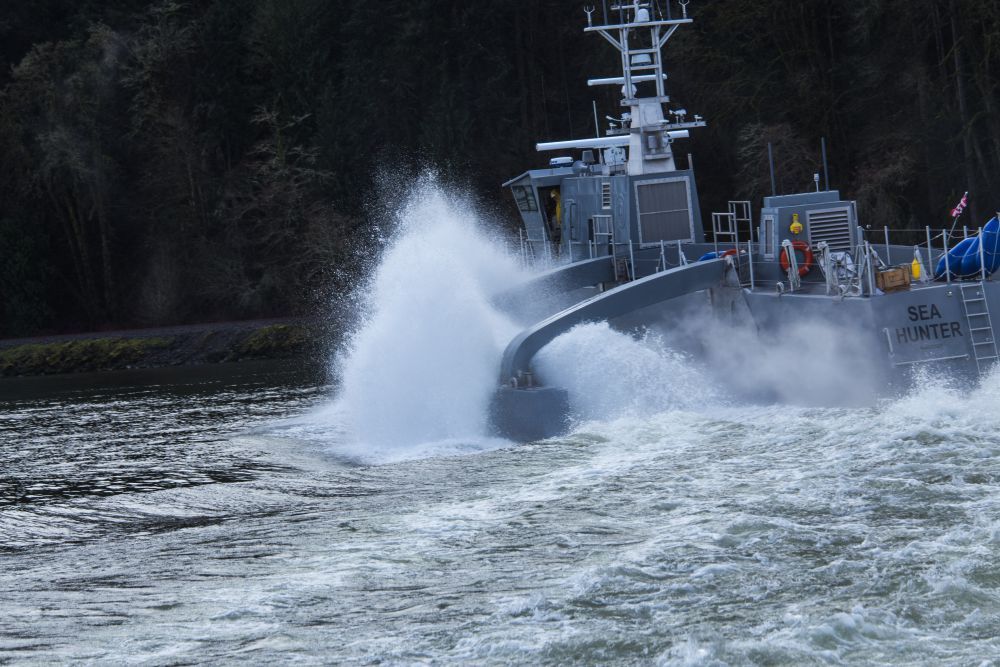
In the pages of comic books and on the silver screen, superheroes like Wolverine and Deadpool have a “healing factor” that allows their bodies to regenerate and recover from injuries or illness at an amazing rate – but certainly nothing like that is possible in real life, right?
Amazingly, a team of scientists led by John Pimanda, a hematologist and associate professor at the University of New South Wales in Australia, published a study in Monday’s edition of the journal PNAS reporting that they had successfully reprogrammed bone and fat cells into induced multipotent stem cells (iMS) – the first step to making such a repair system a reality.
As they explained in a statement, stem cell therapies using iMS cells could theoretically repair a fractured bone or fix injured spinal discs, using a technique similar to how salamanders are able to regenerate lost limbs. These treatments could radically alter the field of regenerative medicine, and perhaps most surprisingly, the authors believe they could be available in just a few years. The technique, which has been successfully tested in mice, “is a significant advance on many of the current unproven stem cell therapies, which have shown little or no objective evidence they contribute directly to new tissue formation,” Pimanda said.
Continue reading “‘Groundbreaking’ Stem Cell Treatment Could Regrow Limbs, Repair Bones” »

